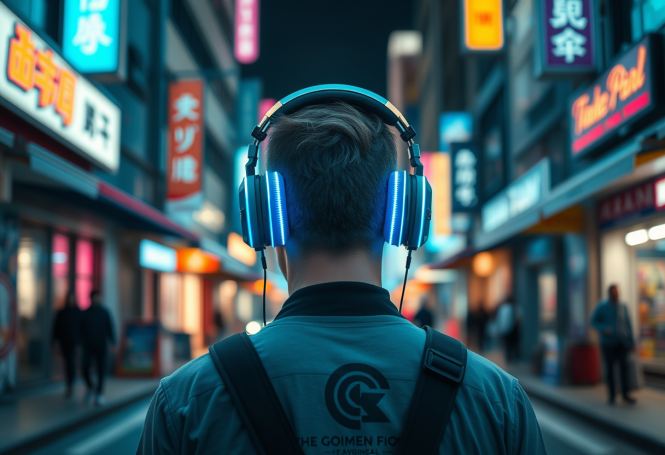 OpenAI and LoveFrom’s secret product is an audio computer?
OpenAI and LoveFrom’s secret product is an audio computer?
You have most likely heard about the collaboration between OpenAI and LoveFrom, a design company established by Jony Ive, a former Apple designer considered to be the guy who shaped the realm of portable devices (phones) as we know them today. At the outset, it was all in the stealth mode, then the participants of this venture started hinting on them developing something that transcends the boundaries of imagination, pumping more and more hype into the matter. Now it is clear where the billions of dollars were invested, but the circumstances in which most of the world learned about it are not pretty.
IYO vs. OpenAI and LoveFrom: background
Between 2022 and early 2025, IYO, a startup that’s developing “the world's first audio computer,” approached OpenAI and LoveFrom as potential investors into its product. The talks involved sharing confidential product concepts, demonstrations, and business plans, but seem to have been fruitless when considered through the lens of the initial intent.
On June 9, 2025, IYO filed a federal trademark infringement lawsuit in San Francisco Federal Court against OpenAI, Sam Altman, Jony Ive, LoveFrom, and IO Products Inc. The last company on this list was incorporated specifically for the purpose of making and selling the revolutionary device that Altman and Ive were hinting about; in May of 2025, OpenAI started the process of acquisition of this entity.
On June 11, 2025, the lawsuit became public. The goal for IYO is to have the court rule on a temporary restraining order (TRO) and preliminary injunction to stop OpenAI and its partners from using the "IO" mark and branding, since it sounds very much like IYO. On June 20, 2025, the TRO was issued.
What’s known about the audio computer?
According to the information available here and there, conceptually, an audio computer is like a natural language interface, a seamless and hands-free way to access AI capabilities like ChatGPT. The iyO One by IYO is said to have 20 microphones and function as a “screenless, voice-first computing” platform, being an in-ear device. The goal formulated by the company is to allow users to talk naturally to apps, effectively replacing screen tapping with voice interaction.
In contrast, OpenAI and LoveFrom’s first AI device, developed under the io brand (short for "input/output"), is not a wearable or in-ear device as initially speculated, at least according to what the parties were forced to disclose in court. There is no information available now about the specific form factor, but it was said the device, which is still in prototype stage and not planned to ship before 2026, is neither earbuds nor a wearable.
Earlier, however, Altman emphasized the limitations of current interfaces that revolve around screens, and envisioned a more natural, immediate way to interact with AI models, i.e., voice-first computing. Moreover, OpenAI and LoveFrom want to make a product for the mass market, one that will be “third core device” after a smartphone and a laptop. These inputs are quite confusing and even conflicting, so in 2026, if things go as planned, we will probably see smart headphones with a set of cams for environment awareness. A wearable device? Yes, but it probably won’t be called that.



